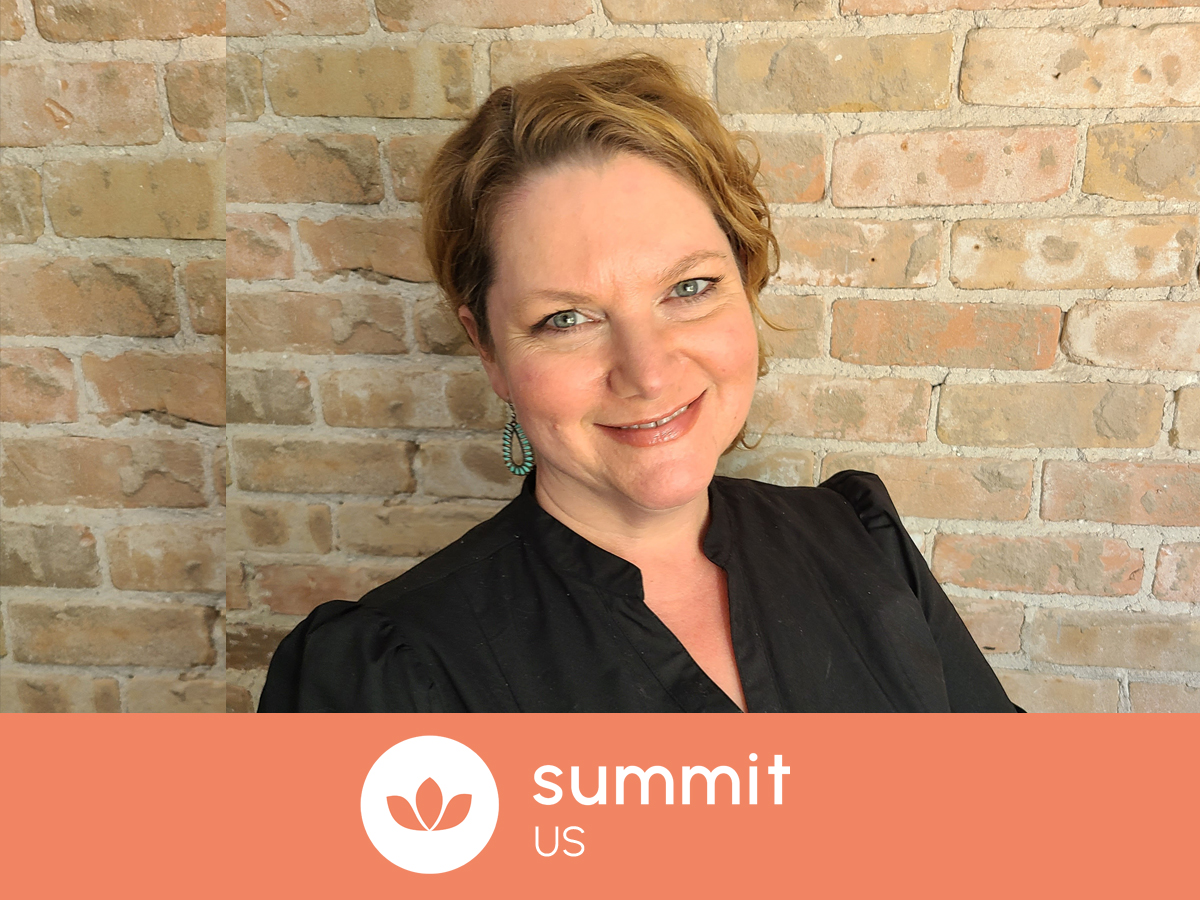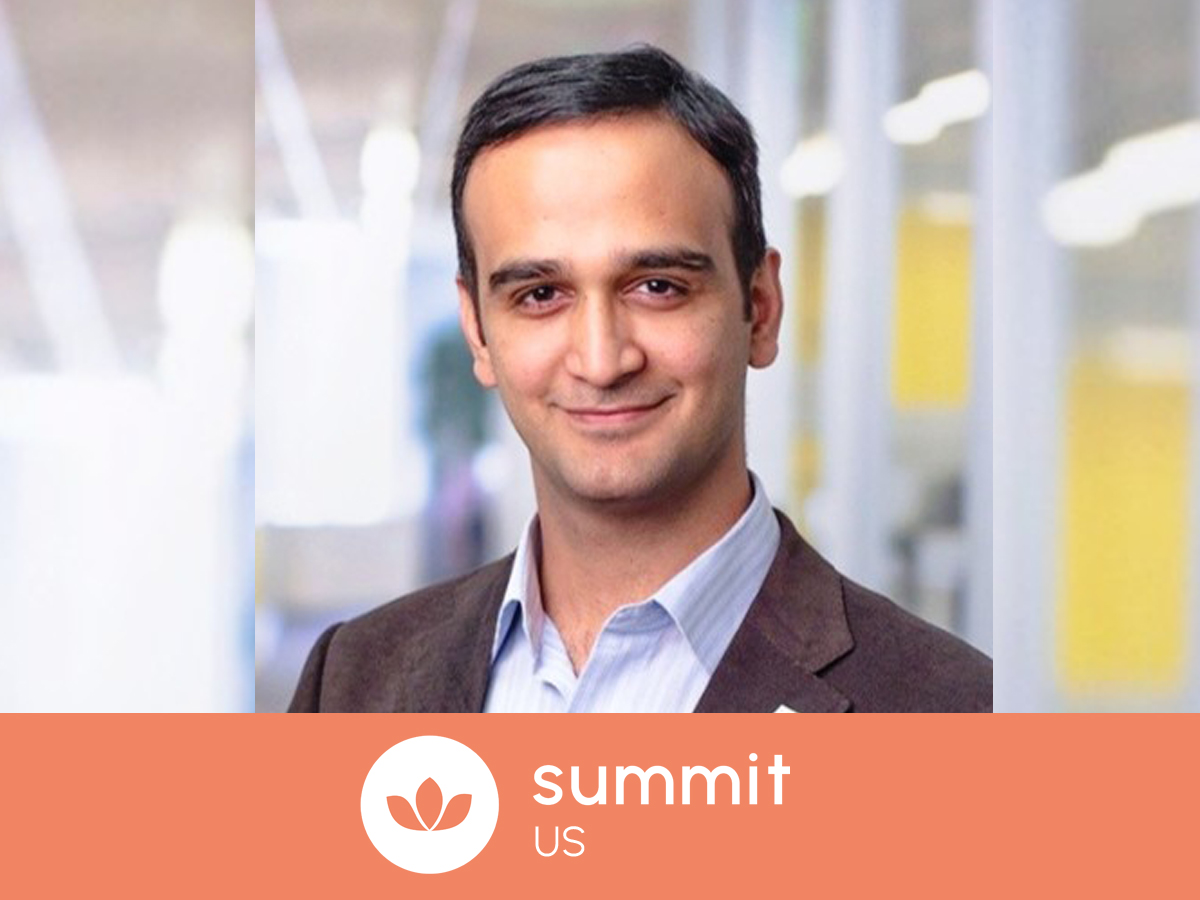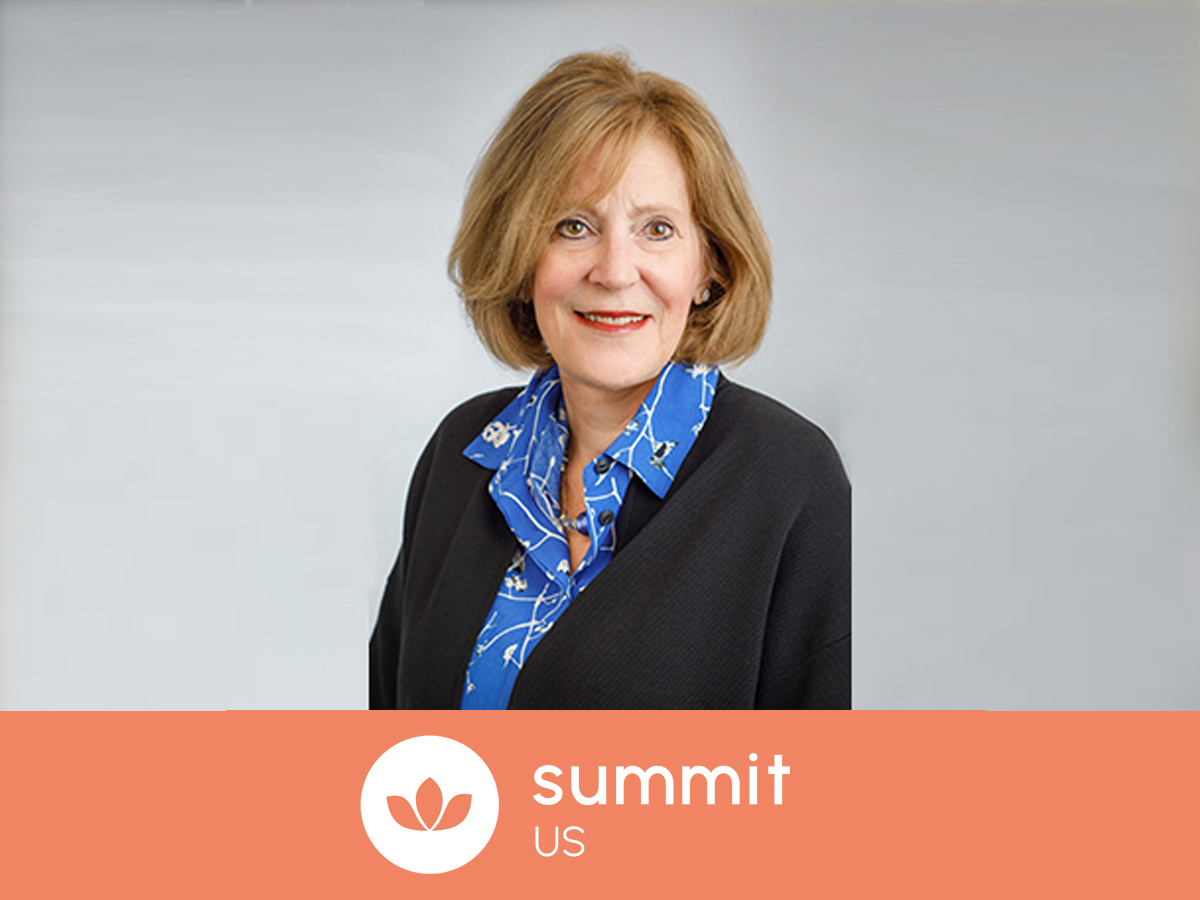
Will, the Co-founder and CEO at Mindora, is a dedicated trailblazer in human performance optimisation, with a decade of expertise spanning AI, neuroscience, data science, biotechnology, epigenetics, and quantum mechanics. His data-driven strategies have been delivered to prestigious institutions like The UK Government, Google, Public Health England, Salesforce, and NHS. His mission is to empower companies to connect their workforce data to drive employee engagement.
We are delighted that Will is going to be speaking in London this September as part of our Wellbeing at Work Summit UK. We caught up with him to find out how he’s feeling in the run up to the summit.
Hi Will, we are thrilled you will be speaking at our Wellbeing at Work Summit UK in September. Our first and most important question is, how are you doing today?
I am healthy and well in both mind and body. Therefore, I am excellent. Thank you!
As a leader, what are the main challenges you are facing when it comes to employee wellbeing?
As the CEO of Mindora, I’m leading the charge globally to address the $8.8T employee engagement problem that stems from poor workplace wellbeing. One of the main challenges we face is the fragmentation of data related to employee wellbeing. Organizations often struggle to make informed, effective decisions because their data is siloed across various platforms and departments. This lack of cohesion prevents a holistic understanding of employee needs and hinders the development of comprehensive wellbeing strategies.
At Mindora, we are working with some of the largest and most influential organizations to bring all relevant data into one unified platform. By integrating this data, we enable leaders to take more precise and impactful actions to improve employee wellbeing, ultimately fostering a more engaged and thriving workforce. The challenge lies in not only consolidating this data but also in ensuring that the insights derived are actionable and tailored to the unique needs of each organization.
What strategies have you seen developing over the past 6 months, both internally and externally, that are moving the dial on wellbeing in the workplace?
We’ve been working directly with the market for well over 18 months. We are observing a desire for leveraging advanced technologies to enhance workplace wellbeing. At Mindora, we’re at the forefront of this movement with the development of our autonomous AI system. Our solution is designed to ingest and analyze workforce data, generating novel insights that can be actioned autonomously. This approach allows organizations to deliver measurable impact on employee wellbeing, helping wellbeing teams achieve their KPIs more effectively.
The Autonomous AI system we are building not only identifies areas of concern but also recommends and executes tailored interventions in real time, driving tangible improvements in both employee engagement and overall organizational health. This strategy is transforming how companies approach wellbeing by providing data-driven, scalable solutions that directly contribute to the bottom line. The ability to act on insights autonomously ensures that wellbeing initiatives are not only proactive but also sustainable, making a lasting difference in the workplace.
Why is employee wellbeing so important to you personally?
Employee wellbeing is deeply personal to me because my entire life has been shaped by the pursuit of performance. I was raised to excel, whether as a former Manchester United youth player, a national chess champion, a professional esports player, or a highly-regarded academic. All I’ve known is performance, and through these experiences, I’ve learned what human beings are truly capable of when they have the right resources and support.
I believe that professionals can exceed any potential they thought they had, but only when their wellbeing is prioritized. When individuals feel supported, balanced, and healthy, they can unlock levels of performance that were previously unimaginable. This drives my passion for improving workplace wellbeing—because when people are at their best, they not only achieve more but also lead more fulfilling lives. My mission is to ensure that every professional has the opportunity to thrive, both personally and professionally.
What are you most looking forward to about the Summit in September?
I’m most excited about the opportunity to bring the future into the present by empowering organizations and leaders to truly grasp the transformative power of data aggregation and automation. At the Summit, I aim to showcase how these technologies can solve complex problems and drive measurable effectiveness, particularly in the realm of employee wellbeing and engagement. I’m looking forward to illuminating what can be achieved on a global scale when we harness the full potential of these tools, and how they can revolutionize the way we support and empower our workforce.
Tell us, what is your vision for the future workplace, in terms of engagement, health and wellbeing?
My vision for the workplace of the future is one where every company has seamless access to the power of automation to drive wellbeing and engagement processes, workflows, and actions. In this future, automation handles the heavy lifting—analyzing data, identifying trends, and implementing solutions—so that people and wellbeing teams can focus on what truly matters: the human element of their roles.
Instead of struggling to make sense of vast data sets, these teams will have the freedom to connect with employees on a deeper level, fostering a culture of care, support, and growth. This vision is about creating workplaces where technology amplifies human potential, enabling organizations to not only meet but exceed their goals for engagement and wellbeing, leading to thriving, resilient workforces across the globe.
What areas do you think employers should be focused on over the next 12 months?
Over the next 12 months, I believe every company should prioritize moving their engagement and wellbeing efforts toward automation. As the first crucial step. Employers should focus on bringing all their workforce data into one centralized location, allowing them to start understanding their existing data structures. By aggregating this data, organizations can gain clearer insights and make more informed decisions that truly impact employee wellbeing and engagement.
This foundational step not only simplifies the management of wellbeing initiatives but also sets the stage for more advanced, data-driven approaches in the future. By centralizing and automating these processes, companies can shift their focus from merely managing data to actually driving meaningful, measurable outcomes that benefit both employees and the organization as a whole.
How has your organisation been leading the way?
At Mindora, we’ve taken significant strides to lead the charge in addressing the global challenge of employee wellbeing and engagement. We’ve established key relationships with influential entities, including the UK Government, where we’ve had a presence in Parliament to champion innovative wellbeing initiatives. Beyond the UK, we’ve built strong connections in Silicon Valley, the epicenter of technological innovation, and across Europe, where we’ve engaged with representatives from the United Nations and various European governments.
Our best-in-class advisory structure, composed of CHROs, CPOs, and Global Wellbeing Directors from diverse industries worldwide, ensures that our strategies are informed by cutting-edge insights and grounded in practical, global expertise. These relationships allow us to stay at the forefront of industry developments and advocate for policies that support a healthier, more engaged workforce.
We are going all-in to finally provide a robust solution to the $8.8 trillion problem of employee disengagement and poor wellbeing—a problem that equates to around 9% of the global GDP. For the past 25 years, employee disengagement and wellbeing have been the single biggest challenges in the workplace, affecting productivity, morale, and overall organizational success. At Mindora, we are committed to solving this issue by delivering a comprehensive, data-driven approach that empowers organizations to create environments where employees can thrive. Our mission is to turn this decades-old challenge into an opportunity for growth and innovation, transforming the future of work for companies and employees alike.
Will will be speaking in London at the Wellbeing at Work Summit UK which takes place live and in-person in London and Manchester with an additional day of virtual sessions too. Further details on the Summit can be found here.



